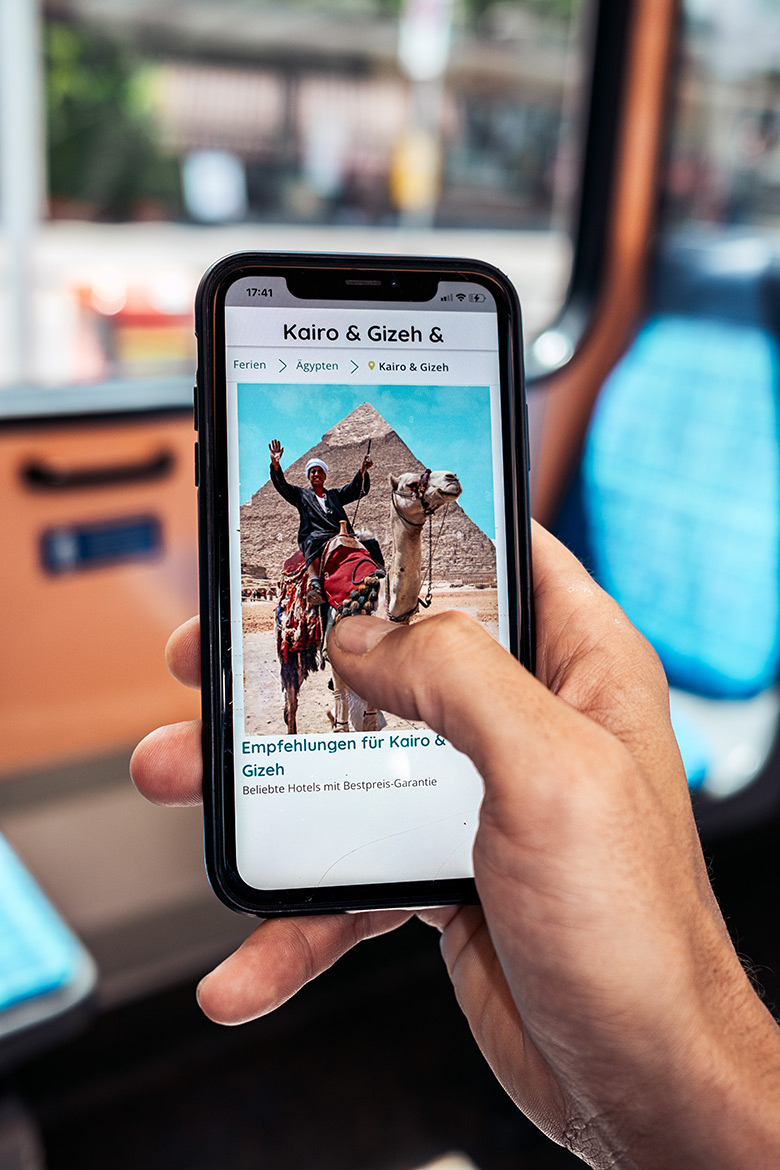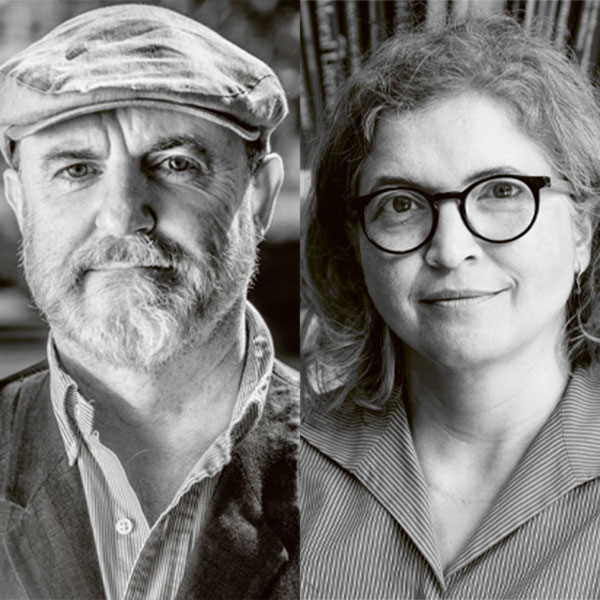Feature: How the cash flows
Funny money
We can’t alter money, but we can influence how it functions, says joint Editor-in-Chief Florian Fisch.

People are paying more and more often with their smartphone. But even cash in the hand is a fiction. | Image: Tom Huber
You can’t eat money. That might seem obvious, but in fact there’s an astonishingly complicated scholarly backstory to it, because a means of payment is a perfect example of a social construct. The value of money resides exclusively in our minds, even though there is hardly anything more ‘real’ in our everyday lives. Whether money comprises embossed discs of metal, ornate pieces of paper, cut-and-polished carbon crystals or numbers and dates on a computer screen: If you own them, you can buy a lot of valuable things with them. But if we were visited by the representatives of an extraterrestrial civilisation – or even by a group of fellow human beings fresh from an isolated existence in the darkest Amazon – they wouldn’t be impressed by a suitcase full of thousand-franc notes.
We can learn at least two lessons from this. First, money is an invention that we shape ourselves. The financial system is made by human beings, so it’s we who decide the target inflation rate for the National Bank, whether international exchange rates should be pegged to a particular standard, and whether we want to use interest rates to motivate savers or investors. These are all purely human decisions. But secondly, the value of currency is so deeply anchored in us that we consider money itself to be something tangible like a tree or a house. From childhood onward, we learn how to buy and sell things, how to save and how to invest. Our convictions are difficult to change. It’s even more difficult to predict complex market mechanisms. There is no individual and no country that can act independently of others. Switzerland learnt this particular lesson when the bank Credit Suisse all-but collapsed this year.
Our feature articles in this issue of Horizons are dedicated to this field of tension that exists between our ability to shape things, and our being at the mercy of outside events. We Swiss were born into a country of banks in which income and wealth are distributed unequally – a fact that has also had an impact on power relations in politics and in the family. But there are always alternatives that we can use to construct our own self-image, whether they be cryptocurrencies or shell money. And maybe we could even use them to found a start-up to manage investments sustainably.




